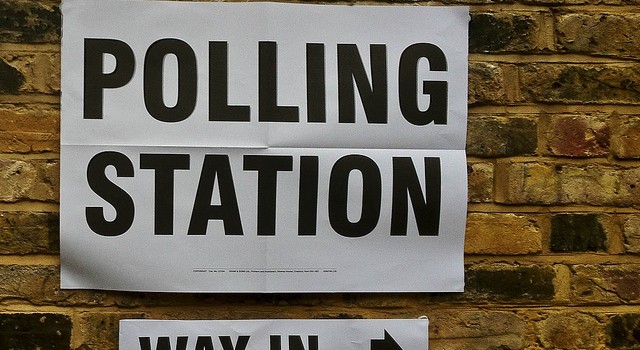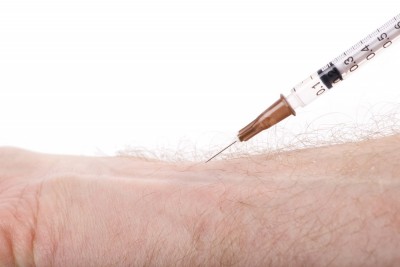It’s official, the opinion polls conducted in the run up to the UK general election were wrong – even the polling companies have said so. The good news is that there is going to be an inquiry into the pollsters’ failures. The bad news is that this is going to be carried out by the British Polling Council – an organisation that clearly has a vested interest in perpetuating the use of opinion polls. This is a much like asking the Astrological Association of Great Britain (and yes, there is one) to conduct an inquiry into why your horoscope has no useful insight into your future. If your starting assumption is that there is a relationship between astronomical phenomena and events in the human world you aren’t going to be looking for answers with complete objectivity. Similarly, if you believe that people can reliably predict their future actions and will […]





Recent Comments